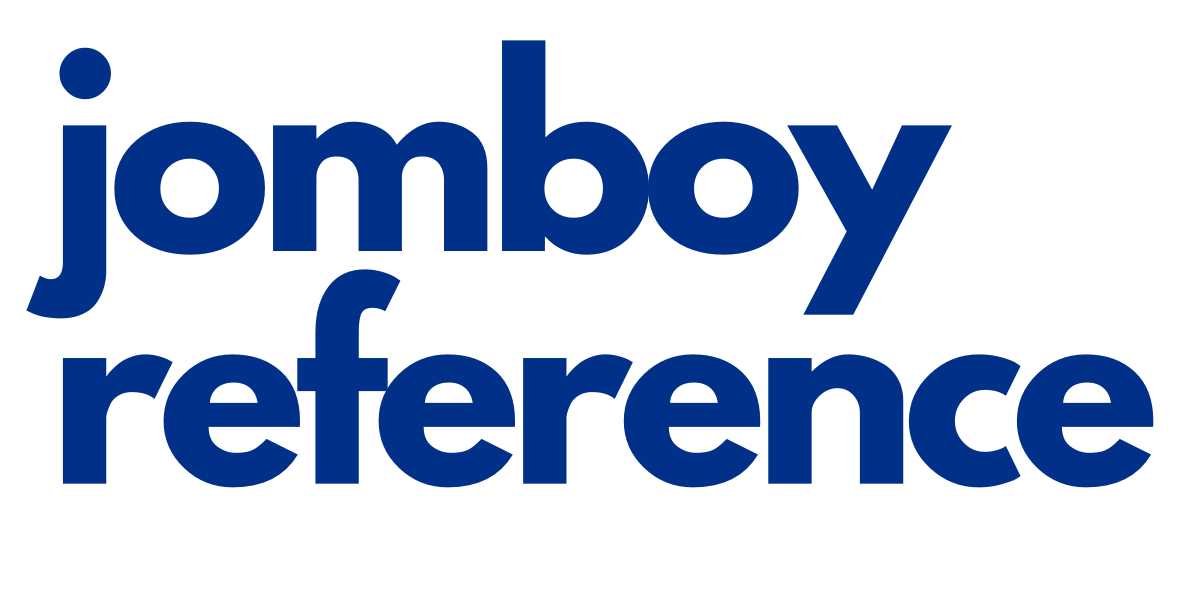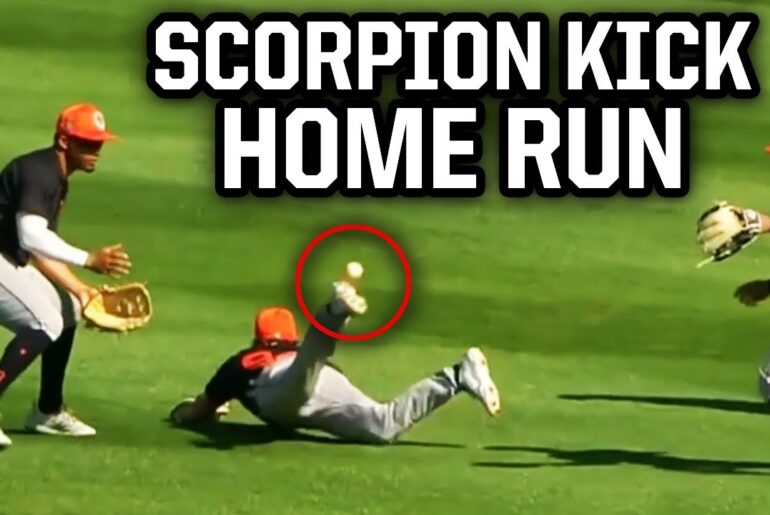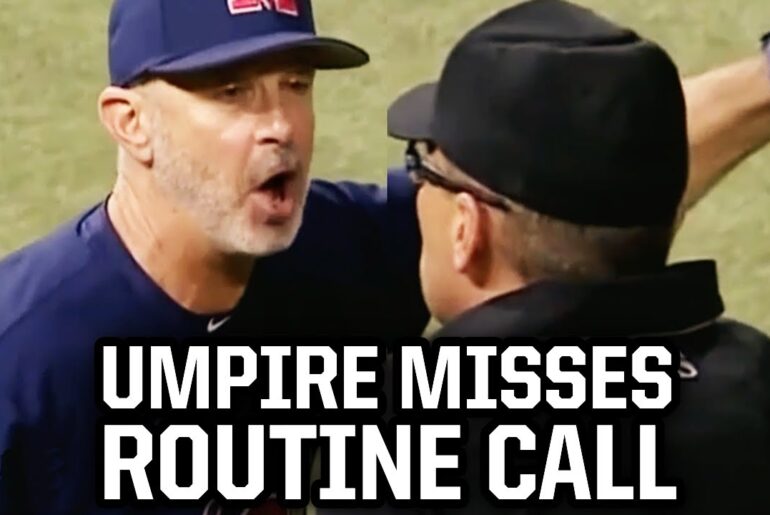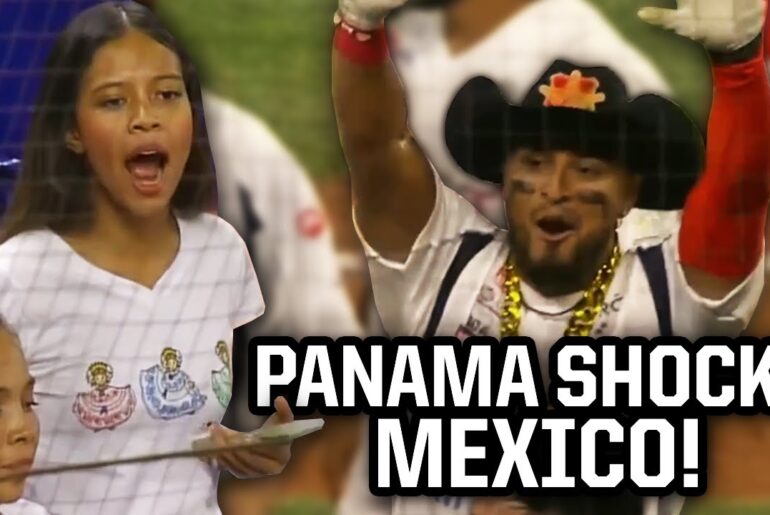In a recent baseball game between the Minnesota Twins and the New York Yankees, an umpiring decision caused quite a stir, drawing strong reactions from players, coaches, and fans alike. The game had reached an intense moment in the top of the 10th inning, with the score tied at two runs apiece. However, a series of events unfolded that led to a controversial call and ultimately impacted the outcome of the game.
The Game Situation
As the game progressed into extra innings, both teams were eager to gain the upper hand. The Twins had made some strategic outfield changes, bringing in Byron Buxton and Tim Beckham to strengthen their defense. The tension escalated when a crucial fly ball was hit to Buxton, and Whit Merrifield attempted to tag up and advance to third base.
The First Umpiring Controversy
Upon the catch, Merrifield was called safe by the umpire, but Twins manager Rocco Baldelli believed the call was incorrect. After a brief discussion, the decision stood, leaving the Twins frustrated. However, they regrouped and focused on the next play.
The Buster Posey Rule Challenge
The situation intensified further when the next batter hit a fly ball to the other new outfielder. As the go-ahead run, Merrifield tried to score, but he was tagged out at home plate. Merrifield contested the call, claiming that the catcher, Gary Sanchez, had blocked his path without possession of the ball.
Analyzing the Rule
The rule in question, known as the \”Buster Posey Rule\” (Rule 7.13), protects catchers from unnecessary collisions when they don’t have possession of the ball. It states that if the catcher blocks the runner’s pathway without the ball, the runner should be called safe. However, if the catcher is merely blocking the pathway while attempting to field a throw, the runner can be called out.
The Catcher’s Technique
In the case at hand, Gary Sanchez showed textbook technique as he positioned himself to receive the ball. He made sure to give Merrifield a clear lane to the plate before the throw was released. After catching the ball, Sanchez promptly blocked the plate, tagging Merrifield out in a seemingly legal manner.
The Umpire’s Reversal
Despite the initial ruling in favor of the Yankees, the umpires decided to review the play. Surprisingly, they overturned the call, resulting in Merrifield being declared safe. This decision sparked outrage from Twins manager Rocco Baldelli, who passionately voiced his disagreement.
The Manager’s Frustration
Rocco Baldelli’s frustration was understandable, as such reversals are relatively rare. The impact of the overturned call led to a heated argument between the manager and the umpires. However, the on-field umpires were not responsible for the decision, as it came from the replay review in New York.
Conclusion
The controversial call in the Twins vs. Yankees game exposed the challenges and complexities of the replay review system in baseball. While the intent of the \”Buster Posey Rule\” is to protect players from injuries, interpreting and applying it correctly can be a daunting task for both players and officials. The outcome of this particular call had a significant impact on the game’s result, leaving both teams and their fans with strong emotions and a renewed call for clarity and consistency in umpiring decisions.
Let’s hope that this incident sparks discussions within the league to improve the rules and ensure a fair and accurate adjudication process, benefiting the players and maintaining the integrity of the game we all love.



